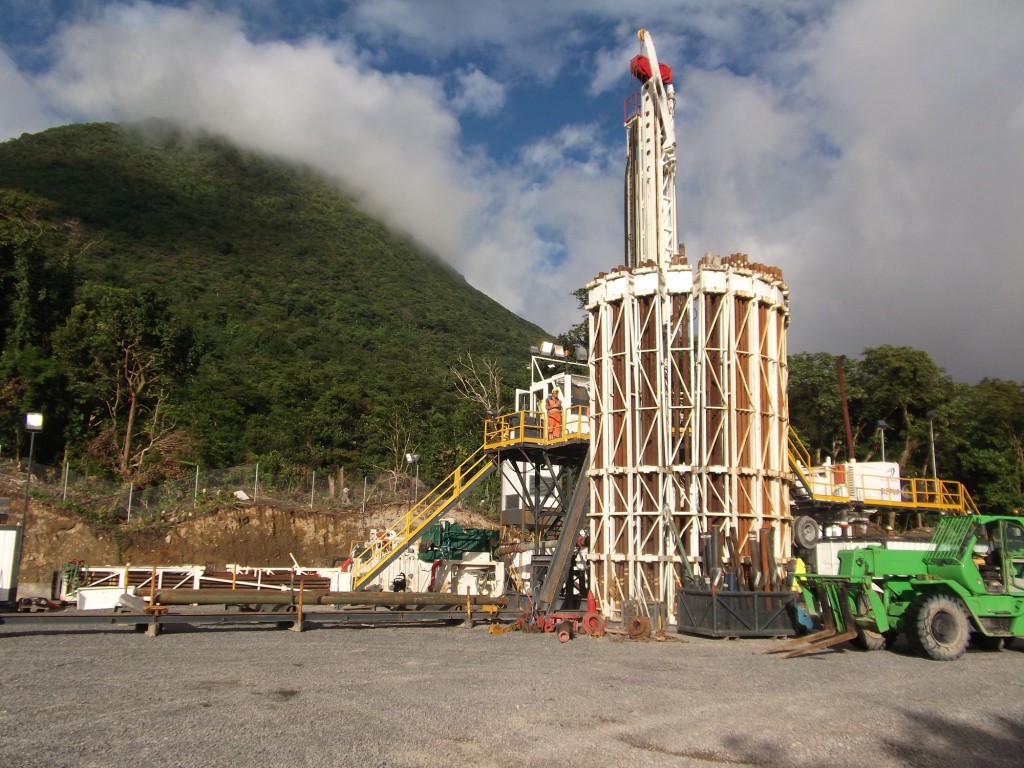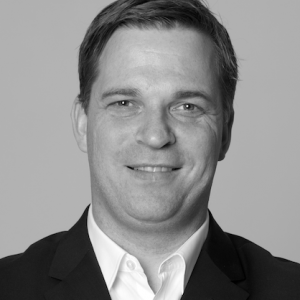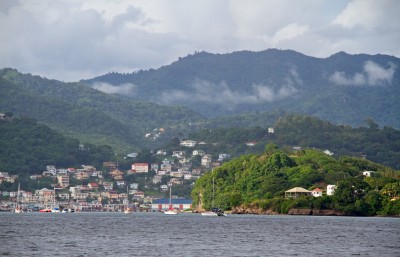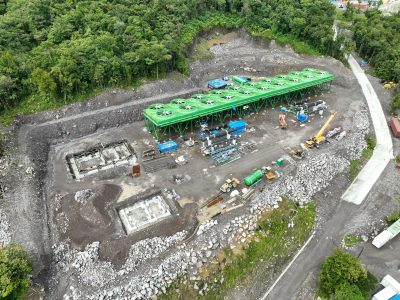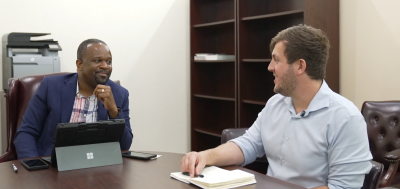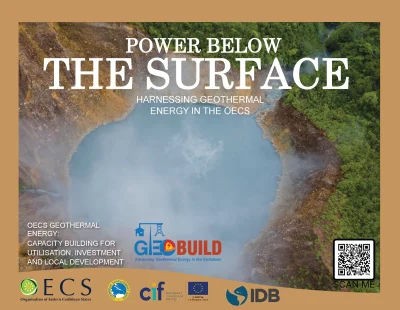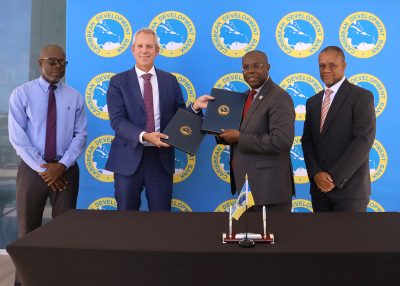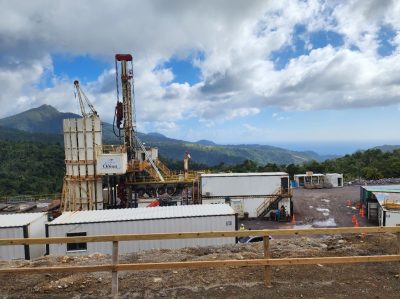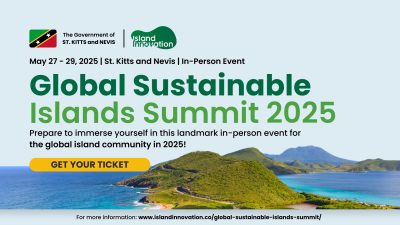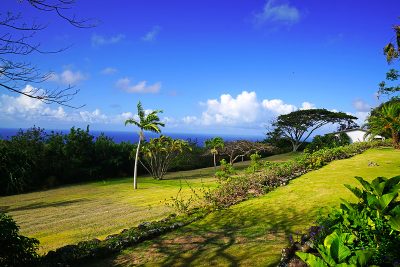Dominica, the World Bank and the search for a right geothermal development partner
In a passionate talk, the Ambassador of Dominica to the U.S. describes the challenges of his country to find the right partner to develop its geothermal project and the learning curve for the country and the World Bank as partner to the project.
Continuing our coverage of the GEOLAC conference in Mexico City, the current session covers the country showcase for Dominica in the Caribbean.
Introduced by Elvira Morella, Senior Energy Specialist of the World Bank, the Dominica geothermal ambitions have been interesting to follow.
The World Bank is initiating a funding package of $50 million for the development of the geothermal project, in the form of the Dominica geothermal risk mitigation project.
In his presentation, H.E. Vince Henderson, Ambassador of Dominica to the U.S. and Permanent Representative to the Organization of American States, Government of Dominca, he provided a great insight into the history of development in his country.
Already in 1974, Dominica founded a Geothermal Development company in the hope of driving geothermal development, but this never materialised in real development.
Today, the country can show a production well that was successfully drilled with a power generation capacity of potential of 7-9 MW. But the next steps are not easy. Dominica faces among the highest electricity costs in the world and this is a large burden to the country, the population and businesses. So five years ago, the country looked at domestic production and an export scenario with a larger scale project. Now the scope is smaller with a focus developing a plant for domestic customers.
The government is investing up to $50 million in equity, so a partner coming in now would have to fit in. The goal is to have the project operating in late 2019.
For the project, the right partners are crucial and so far no private partner was found to help develop the project. The development of a project for such a small nation is challenging. Another challenge is affordable financing that provides a sustainable scenario for the country and its population.
In negotiating on the project, the country realises that the small demand scenario creates a larger role for the government in the development of the project. Negotiating a PPA, availability, cost, profitability etc … showed that the government is on the hook and a total commercial/ private approach is not feasible. Can the utility pay the developer, what happens in case of a hurricane … so in all the scenario the government gets on the hook.
The responsibility of the government is now to find the right partner for the project, and the World Bank is one of the partners needed. The World Bank can bring together the right team for the commercial and technological side, but also financing for the project. Various other partners, such as UK DFID, the government of New Zealand, DOE, Abu Dhabi Fund and others.
Now finding for development partners, technical partners such as turbine suppliers and others are important. The government wants to create a solid commercial case for any developer to take the project further.
The small island states are not looking at geothermal for stopping producing CO2, but because it makes economic sense having own energy production. To pursue it, it must have the benefits .. decreasing cost of electricity on the wholesale level and for the business sector.
It is not easy to get the right solution, but for the the Caribbean states there needs to be the right deal for the people providing a solution that decreases the cost of electricity.
The government wants to provide 20-25 years PPAs and calculates in inflation providing a good case for anyone looking to invest in geothermal development.
Note: Following some comments from some folks in the audience (May 4, 2017), it was pointed out that Dominica might decide to built a small-scale power plant on its own first and only seek a partner for an expansion of the project after that point.
